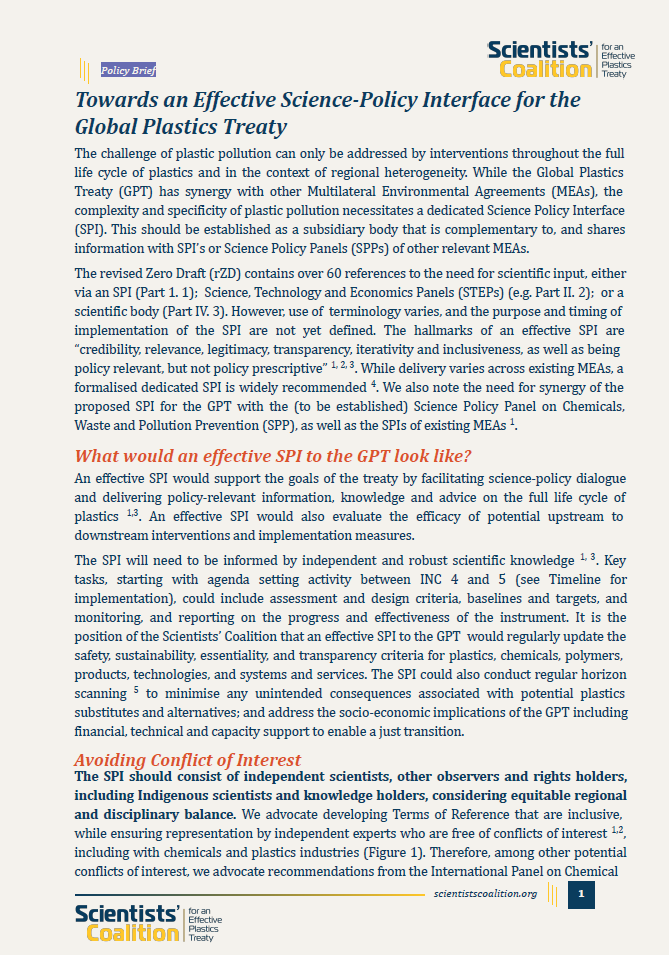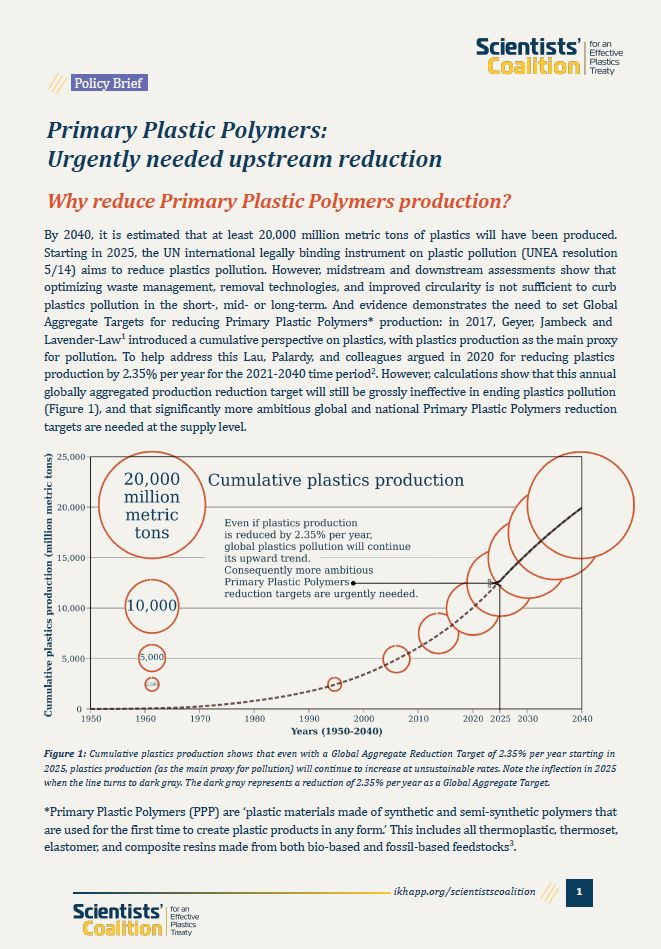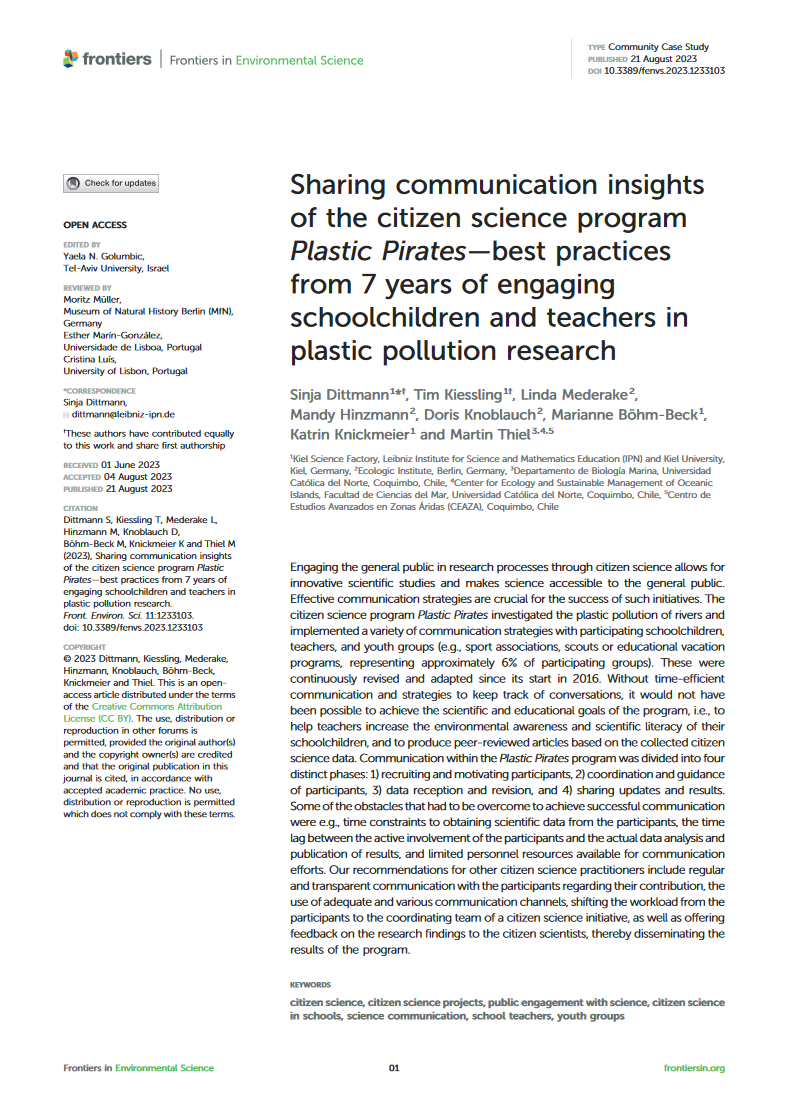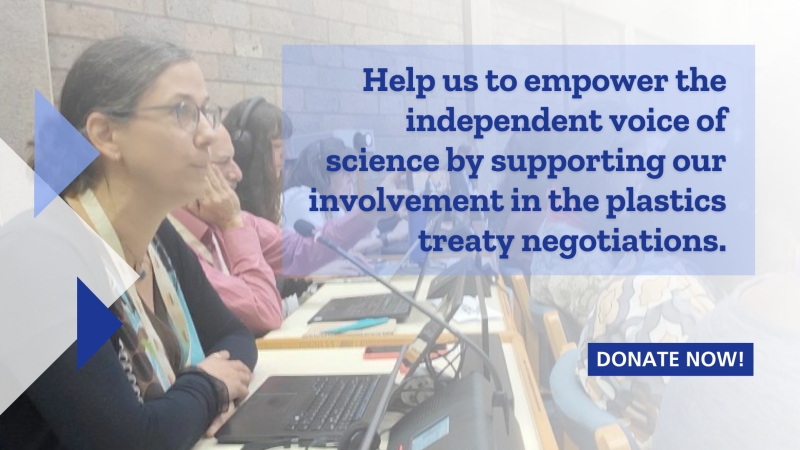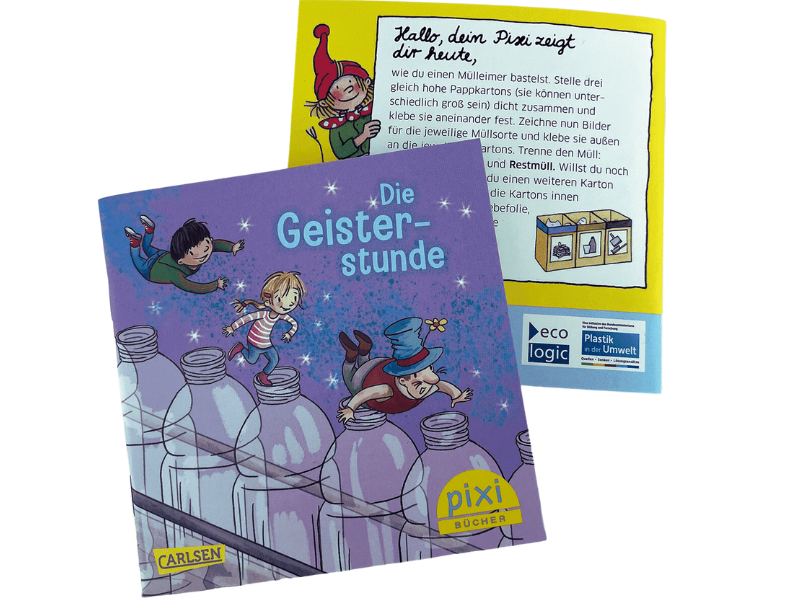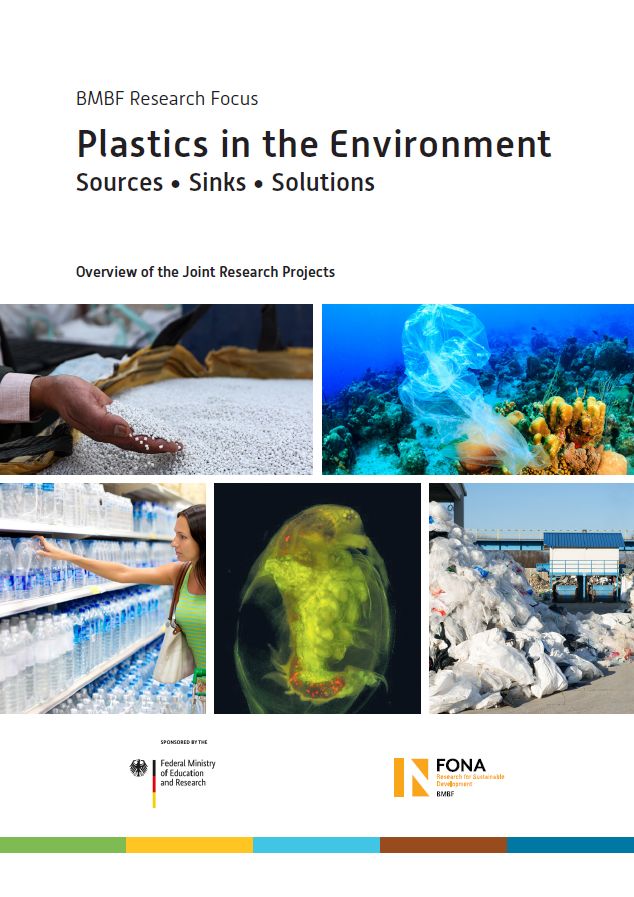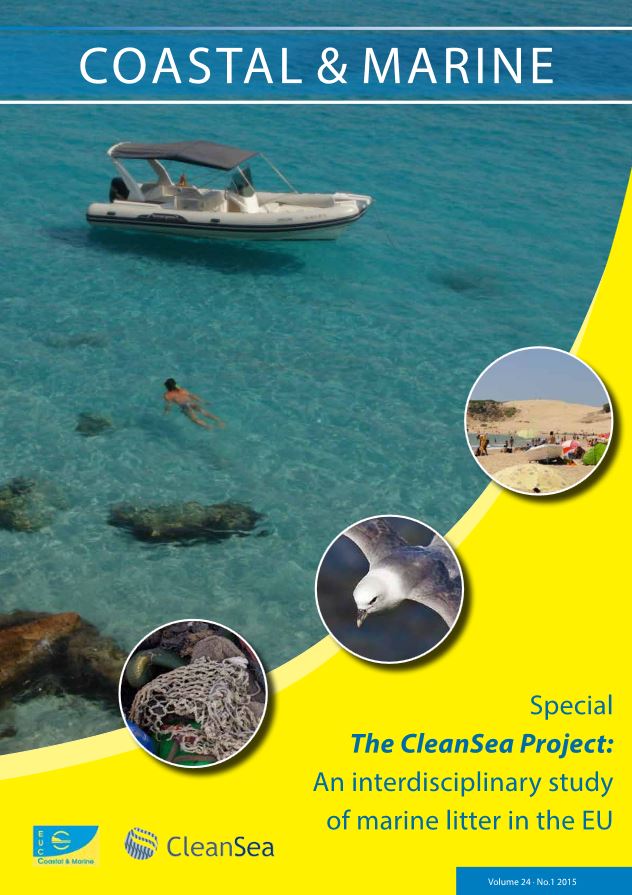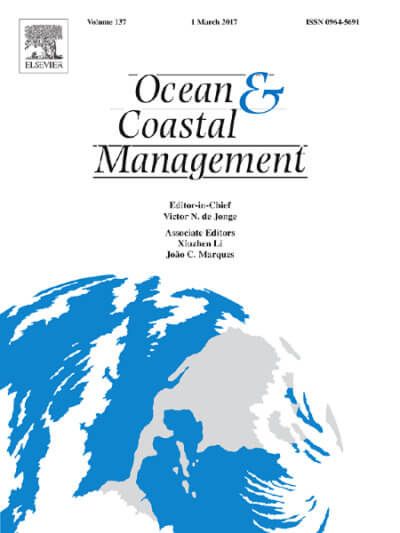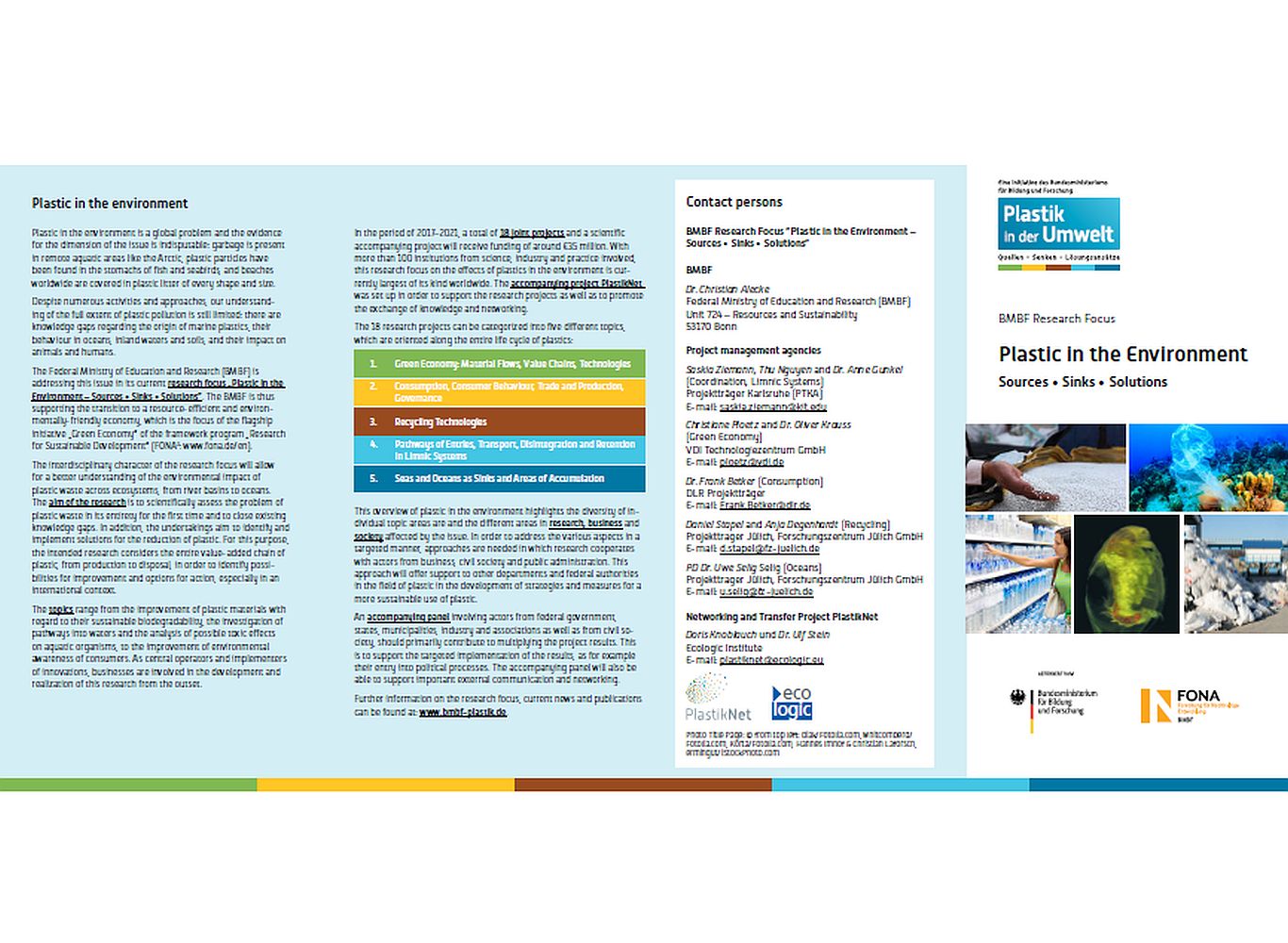Scientific Coordination of Research Projects on "Plastics in the Environment – Sources • Sinks • Solutions" (PlastikNet)
- Project
- Duration
-
-
- Hashtags
In the framework of the scientific accompanying research (PlastikNet) of the research focus "Plastics in the Environment – Sources • Sinks • Solutions" (Plastik in der Umwelt – Quellen • Senken • Lösungsansätze) Ecologic Institute coordinated 20 joint research projects, which dealt with plastics in the environment funded by the German Federal Ministry for Education and Research (Bundesministerium für Bildung und Forschung, BMBF).
Plastic waste in cities, in the landscape, rivers, beaches, and eventually in the oceans – plastics in the environment are directly and negatively visible. Sources and consequences are wide-ranging and not always easy to identify. The main input is mostly land based and covers the whole chain of production and distribution of plastics as well as waste management and consumer behaviour. Environmental impact is identifiable mostly in aquatic ecosystems – in form of dying marine animals and birds, marine food containing primary and secondary microplastics or in form of human- and ecotoxical substances in water bodies and sewage. Within the research focus twenty perennial research and development projects (Verbundprojekte – joint research projects) were funded, which investigated sources and developed and tested transdisciplinary solutions. The joint research projects were accompanied by PlastikNet with the main focus of cross-linking contents and synthesis.
The research focus was funded under the BMBF programme FONA, Research for Sustainable Development. The funded projects investigated a variety of topics, i.e., Green Economy, consumption, fresh water (limnic systems), recycling as well as seas and oceans. Hence, the projects covered a wide range of ideas, levels of action (from local to global) and methods. There was great potential for thematic and methodological synergies between the projects, which were used. The identification and use of these synergies was the ultimate goal of the PlastikNet project.
The project consisted of activities in five areas:
- Identification of the coordination and transfer requirements of the individual projects (document analysis, interviews with the funded projects, creation of a web platform).
- Knowledge exchange among and cross-linking of the individual projects (through national and international conferences as well as thematic workshops).
- Synthesis of overarching project results through synthesis papers (with recommendations for action) and special issues of scientific journals.
- Knowledge transfer and public outreach (media outreach, transfer workshops and a network of relevant actors from business, politics and civil society).
- Transfer to educational concepts and strategies (presentations for schools, development of educational material, WinterSchool for PhD students).
With these activities, the project team contributed to the political and societal impact of the funded research projects.




